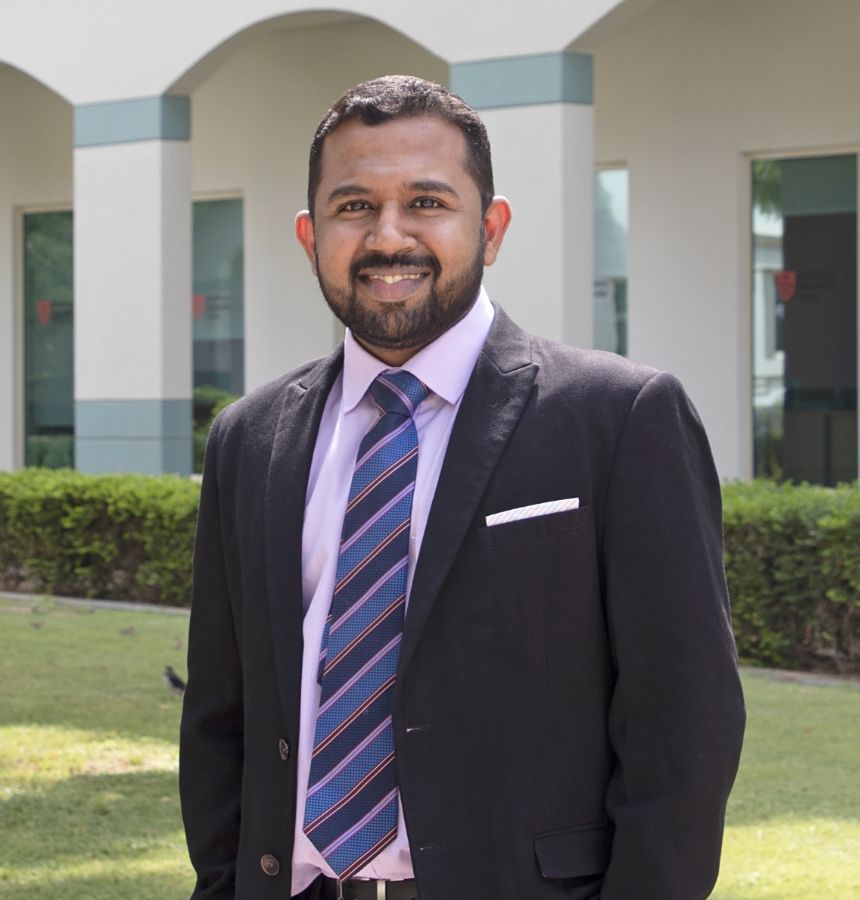Programme Modules
- What is a Digital Twin? Definitions, history, and evolution
- How do Digital Twins work? Concepts, architecture, and lifecycle
- Types of Digital Twins and their use cases
- Model complex and dynamic real-world business scenarios
- Simulate operational scenarios using Discrete Event, Agent-Based, and System Dynamics simulation techniques
- Run predictive and prescriptive models to evaluate “what-if” scenarios
- Understand hardware requirements and real-time data integration
- Explore the role of IoT-enabled tracking and sensing technologies
- Introduction to cloud computing, data analytics, and digital infrastructure
- Familiarisation with key platforms: AnyLogic, anyLogistix, and NVIDIA Omniverse
- Review real-world case studies and success stories
- Identify low-cost implementation pathways for SMEs
- Analyse business use cases and ROI opportunities within your organisation or field
- Align Digital Twin initiatives with broader digital transformation and business strategy
- Prioritise pilot areas for implementation
- Identify and assess potential risks and implementation challenges
- Build functional Digital Twin models using low-code or no-code platforms
- Follow a live demonstration of Digital Twin Development
- Follow guided, hands-on steps to create your first Digital Twin model
- Develop an actionable roadmap for initiating or scaling Digital Twin initiatives, including data needs, platform selection, integration considerations, and cost-benefit analysis
- Explore the evolution from static virtual replicas to bi-directional, real-time, and closed-loop systems
- Understand the integration of AI in Digital Twin development to create Cognitive Digital Twins
- Learn the potential of immersive 3D environments with NVIDIA Omniverse for photorealistic Digital Twins
- Examine emerging policies, regulations, and ethical considerations in Digital Twin development
PROGRAMME DELIVERY
The programme will be delivered over 3 days online based on the following schedule:
- Saturday 05 July: 10.30AM - 4.30PM (GST)
- Sunday 06 July: 10.30AM - 4.30PM (GST)
- Monday 07 July: 6PM - 9PM (GST)
Who will I be taught by?
Dr Sreejith Balasubramanian
Associate Professor & Chair, Office of Research & Head, Centre for Supply Chain Excellence, MDX Dubai
Dr Sreejith is a recognised expert in digital transformation, business model innovation, disruptive technologies, and decarbonization. He currently leads a three-year Digital Twin project funded by the Dubai Future Foundation. He is also a core team member of a flagship project funded by the Thailand Research Foundation, focused on developing a "Net Zero Emission Execution Roadmap and Tools" for the Thai logistics sector.


Professor Roberto Revetria
University of Genoa
Professor Roberto is a globally recognised expert in applied modeling and simulation, with over 25 years of academic, research, and consulting experience across manufacturing, logistics, defense, and healthcare sectors. He currently serves as a Professor at the University of Genoa, where he leads the Simulation Team (Governance 4.0 DISPI Lab) and supervises numerous international projects in simulation-based decision support, digital twins, and AI-integrated modeling.
Michael Wagner
Chief Executive Officer and Managing Director of SyncTwin
Michael Wagner is the Chief Executive Officer and Managing Director of SyncTwin, a leading digital twin software company specializing in assembly and logistics planning. He also serves as the Chief Technology Officer at Ipolog GmbH, where he spearheads innovative technology solutions for industrial planning. Recognized as an NVIDIA Omniverse Ambassador, Michael is a pioneer in the development of intelligent digital twins. Notably, he created a digital twin of one of the world’s busiest factories, showcasing the power of immersive simulation and real-time collaboration, leveraging platforms such as Blender, Unreal Engine, and NVIDIA Omniverse. Michael is a published author of several articles on NVIDIA Omniverse and a sought-after keynote speaker. He is a passionate advocate for democratizing digital twin technologies, particularly to empower small and medium-sized enterprises (SMEs).



